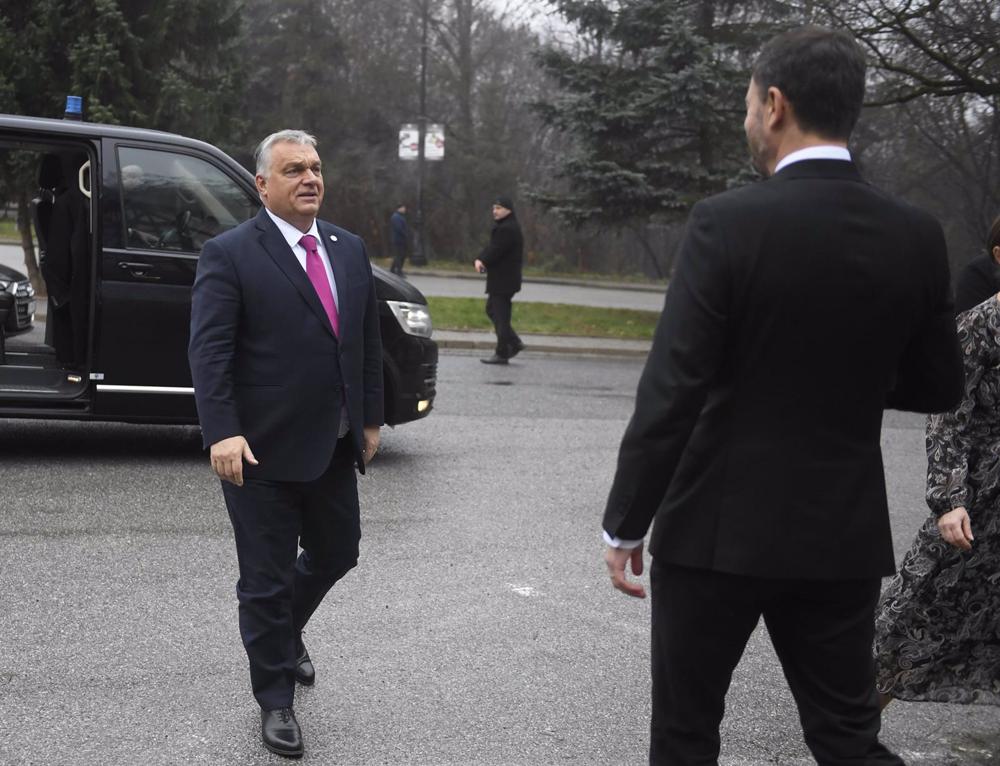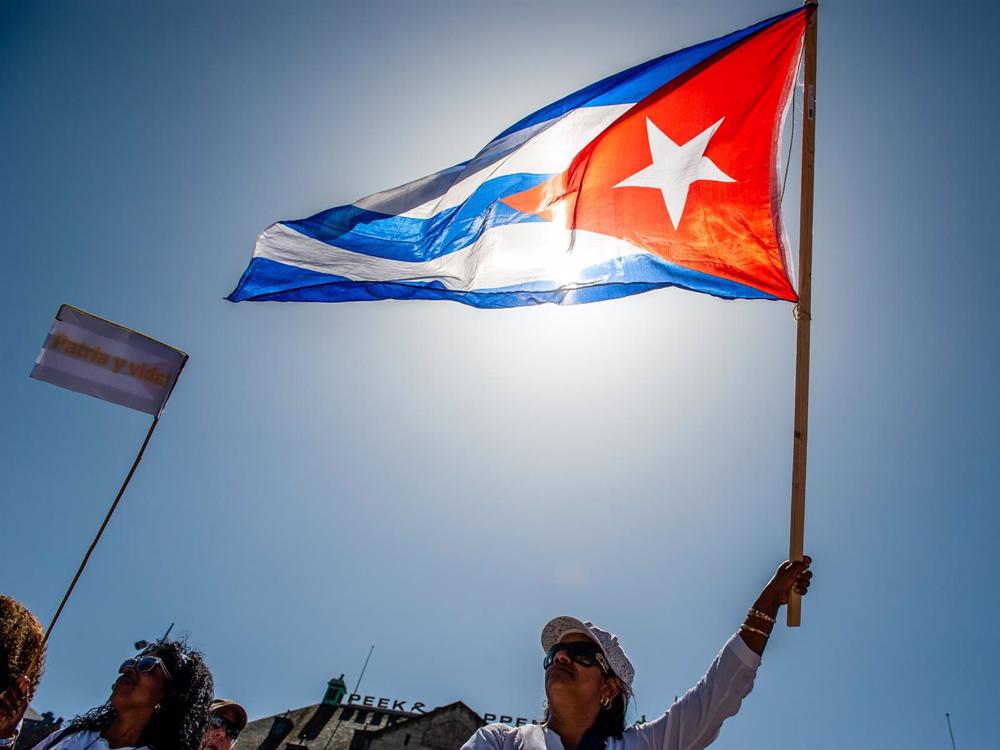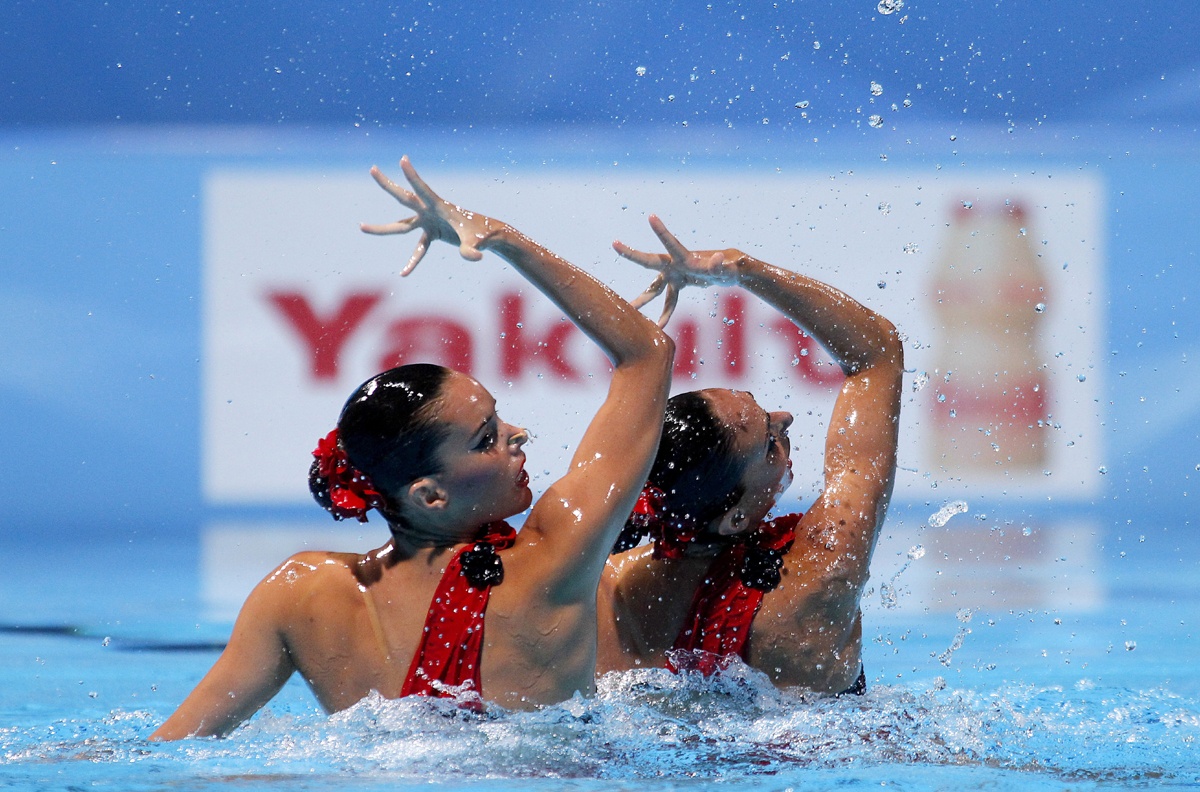
Hungary’s Prime Minister Viktor Orbán has denied that his government is in any way linking the integration of Finland and Sweden into NATO with the delivery of the recovery funds that are still awaiting the final yes from the European Commission.
Orbán has responded on Twitter to an interview in which the Prime Minister of Finland, Sanna Marin, advocated questioning his Hungarian counterpart on the possible underlying causes of the «delay» in the ratification process for the entry of Finns and Swedes in the Atlantic Alliance.
«Dear Sanna Marin, between true friends there is no need for hot cloths: Hungary has never and will never link any other issue to the issue of EU funds,» wielded Orbán, who cited among the issues on the sidelines «Finland’s accession to NATO.»
In this sense, he claimed that the Hungarian government supports the enlargement of the Alliance and that the Parliament will complete the procedures «as soon as the session starts in 2023». Budapest had previously suggested that the process would be closed before the end of 2022, although in any case the enlargement would still need Turkish approval.
The European Commission plans to give the green light on Wednesday to Hungary’s recovery plan, which has been deadlocked for two years, but it will do so by linking the disbursement of funds to anti-corruption and fraud reforms that Brussels is demanding from Budapest in a parallel process to free up another 7.5 billion euros in regional funds.
The favorable opinion of Brussels is the first step for Hungary to access 5.8 billion euros from the European Union’s anti-crisis fund but, in addition to the approval of the College of Commissioners on Wednesday, it will need the approval of the Twenty-seven at the meeting of Ministers of Economy and Finance (Ecofin) on December 6.
Despite the approval of this recovery plan, the Community services will maintain unchanged its recommendation to the Council to suspend up to 7,500 million euros in cohesion funds planned for Hungary for deficiencies in the fight against corruption of its authorities and the risk of fraud, have indicated Community sources consulted by Europa Press.
Brussels raised this freezing of funds months ago but gave margin to the Hungarian government to implement during the month of November a series of reforms in anti-corruption and strengthening of control mechanisms to resolve the irregularities detected. The deadline for notifying the progress of the reforms negotiated with Budapest ended on November 19 and, in the absence of the result of the analysis, the Community Executive does not intend to change its opinion.






